Partners

Biofuture Campaign
Developed in the context of the Clean Energy Ministerial (CEM), the Biofuture Campaign aims to enable joint work between Governments and Industry to accelerate deployment of bio- and waste-based products and showcase how they can and will benefit society. Go to the website
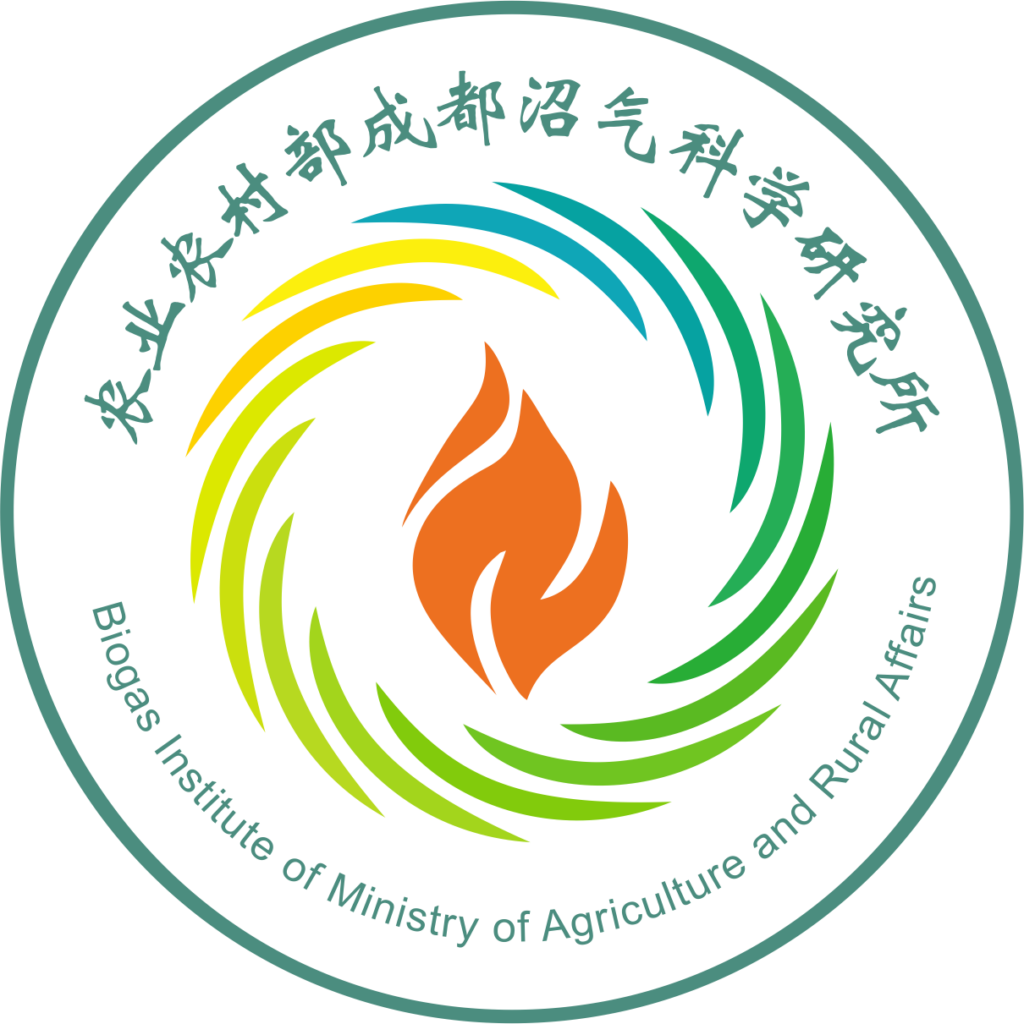
Bioma
The Biogas Institute of Ministry of Agriculture and Rural Affairs (BIOMA) is the only national-level research institute specialized in biogas research in China, established in 1979. With anaerobic fermentation as the means, it mainly conducts basic and applied basic research, cutting-edge theoretical research, major key common technology research and other public welfare research, as well as the corresponding technical development and training in rural renewable energy, rural energy and rural environmental management and agro-ecological restoration. The Institute plays an irreplaceable backbone role in China’s biogas development by virtue of its sound research system, optimal platform conditions, remarkable industry position and extensive international influence. Go to the website

Biotec
The National Center for Genetic Engineering and Biotechnology was first set up under the Ministry of Science, Technology and Energy in 1983. After the establishment of the National Science and Technology Development Agency (NSTDA) in 1991, BIOTEC became one of the NSTDA centers, operating outside the normal framework of civil service and state enterprises. This enabled the Center to operate more effectively to support and transfer technology for the development of industry, agriculture, natural resources, environment and consequently the social and economic well-being of Thai people. Go to the website

Clean Cooking Alliance
Operating under the United Nations Foundation, the Clean Cooking Alliance (CCA) promotes clean and sustainable cooking solutions globally to tackle the health, environmental, and socio-economic challenges of traditional cooking methods. Go to the website
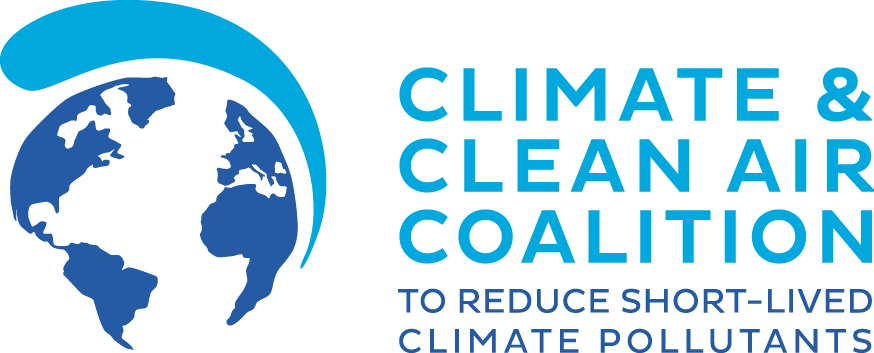
Climate and Clean Air Coalition
The Climate and Clean Air Coalition (CCAC) is a partnership of over 160 governments, intergovernmental organizations, and non-governmental organizations founded in 2012, and convened within UNEP. Collectively and individually, partners who join the CCACE are working to reduce powerful but short-lived climate pollutants that drive both climate change and air pollution. Go to the website

CNPEM
The Brazilian Center for Research in Energy and Materials (CNPEM) is a private, non-profit organization overseen by the Ministry of Science, Technology, and Innovation (MCTI). The CNPEM stands out as an open, multi-user, and multidisciplinary center with activities directed toward different actors in the national science, technology, and innovation system. The center operates four national laboratories and is the home of the most complex project in Brazilian science, Sirius. Go to the website
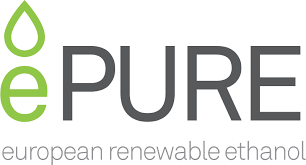
ePURE European Renewable Ethanol
ePURE represents the interests of European renewable ethanol producers to the EU institutions, industry stakeholders, the media, academia and the general public. Based in Brussels, ePURE speaks for 44 member companies and associations, with around 50 plants across the EU and UK, accounting for about 85% of EU renewable ethanol production. The organisation, established in 2010, promotes the beneficial uses of ethanol throughout Europe. Go to the website
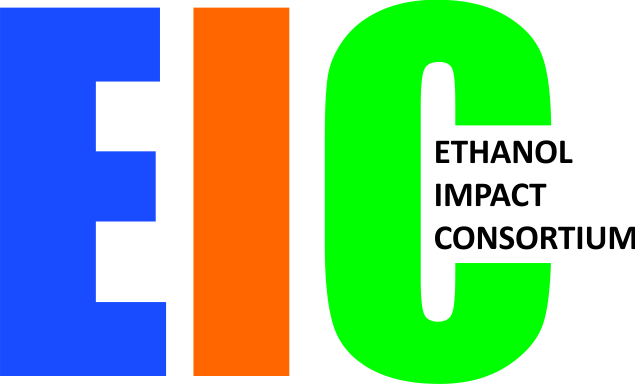
Ethanol Impact Consortium
The Ethanol Impact Consortium (EIC), founded as an alliance in 2022, consists of Project Gaia (PGI), US and Africa, The Energy Nexus Network (TENN), Africa, and International Consulting for Development of Impact (ICDI), Europe and India, have joined hands to promote ethanol fuel and related clean cooking technologies in Africa. Go to the website
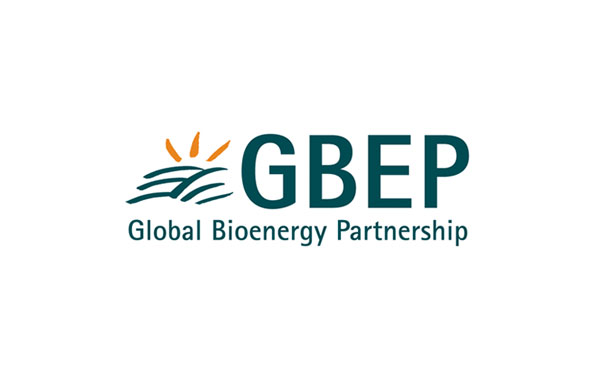
Global Bioenergy Partnership
GBEP was founded in 2006 on the idea that bioenergy can significantly contribute to energy access and security, climate change mitigation, food security, and ultimately sustainable development. The organization counts more than 80 members and an expanded number of activities in different countries. GBEP brings together public, private and civil society stakeholders in a joint commitment to promote bioenergy for sustainable development. Go to the website
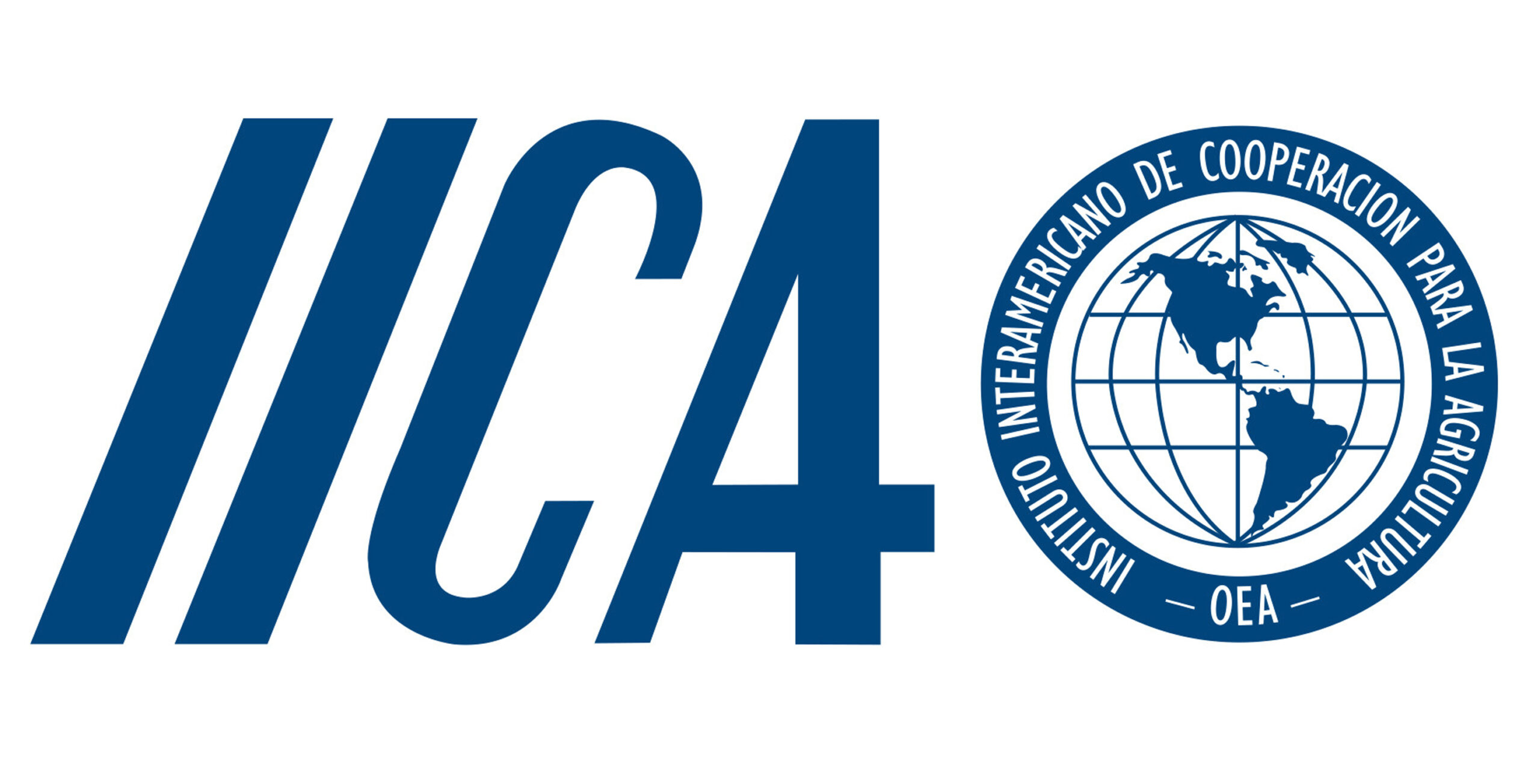
Inter-American Institute for Cooperation on Agriculture
IICA is the specialized agency for agriculture of the Inter-American System that supports the efforts of Member States to achieve agricultural development and rural well-being. The Institute provides cooperation services through close and permanent work with its 34 Member States, addressing their needs in a timely manner. Go to the website

International Sugar Organization
The International Sugar Organization (ISO) serves as an intergovernmental entity facilitating global collaboration within the sugar sector. With member countries spanning the globe, ISO assumes a critical role in tackling challenges and fostering cooperation to uphold the stability and sustainability of the worldwide sugar market. Their coomittment to incorporating ethanol from sugar crops as early as the mid-90s has significantly contributed to promoting the growing role of biofuels in the future energy mix on a global scale. Go to the website

Koko
KOKO Fuel is a clean energy company that focuses on providing sustainable cooking solutions in urban Africa. The company is part of KOKO Networks, which specializes in deploying technology-driven solutions to address critical infrastructure challenges in developing regions. KOKO Fuel specifically targets the issue of indoor air pollution and deforestation caused by traditional cooking fuels like charcoal and wood. Go to the website
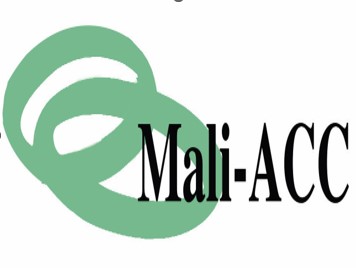
Mali Alliance For Clean Cookstoves · M-ACC
Mali Alliance for Clean Cookstoves “M-ACC” is an association of private-sector players (cooking technology producers) and civil-society organizations (NGOs, associations) incorporated under Malian law. M-ACC envisions a flourishing clean cooking sector in Mali, with a reduction in the share of wood energy in the energy balance, and a reduction in household pollution and obstructive diseases. Go to the website

Nipe
Interdisciplinary Center for Energy Planning, in the broader context of Statal University of Campinas, Sao Paulo, Brasil.
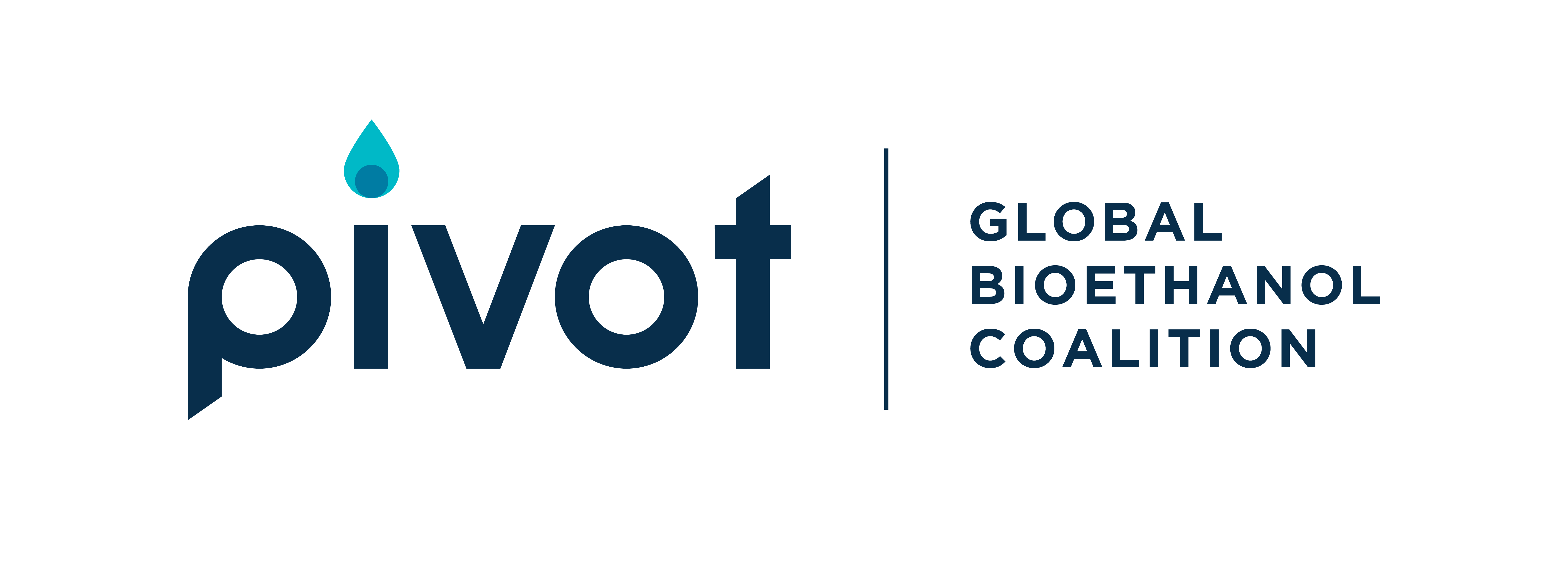
Pivot – Global Bioethanol Coalition
Pivot Clean Energy is a nonprofit industry coalition that works to increase the global use of bioethanol for household energy. Pivot coordinates and works with multiple stakeholders to deliver bioethanol to households globally. Led by experts in the biofuels, health, agriculture, and household energy sectors, members of Pivot include producers, traders, business operators, and the wider development community. Go to the website

Project Gaia
Project Gaia promotes clean, safe, efficient cookstoves powered by alcohol fuels. By providing access to sustainable fuels they commit to change the face of energy poverty. Project Gaia is active wherever people struggle to cook their meals. Go to the website

Purandare Industries
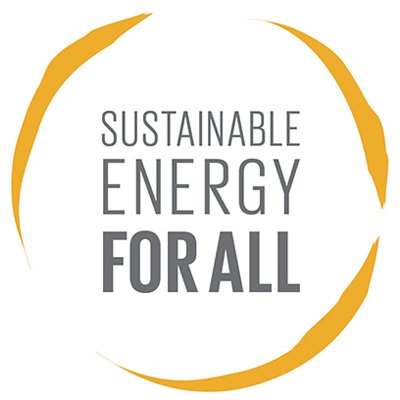
SEforALL
Sustainable Energy for All (SEforALL) is an international organization that works in partnership with the United Nations and leaders in government, the private sector, financial institutions, civil society and philanthropies to drive faster action towards the achievement of SDG7 – access to affordable, reliable, sustainable and modern energy for all by 2030 – in line with the Paris Agreement on climate. Go to the website
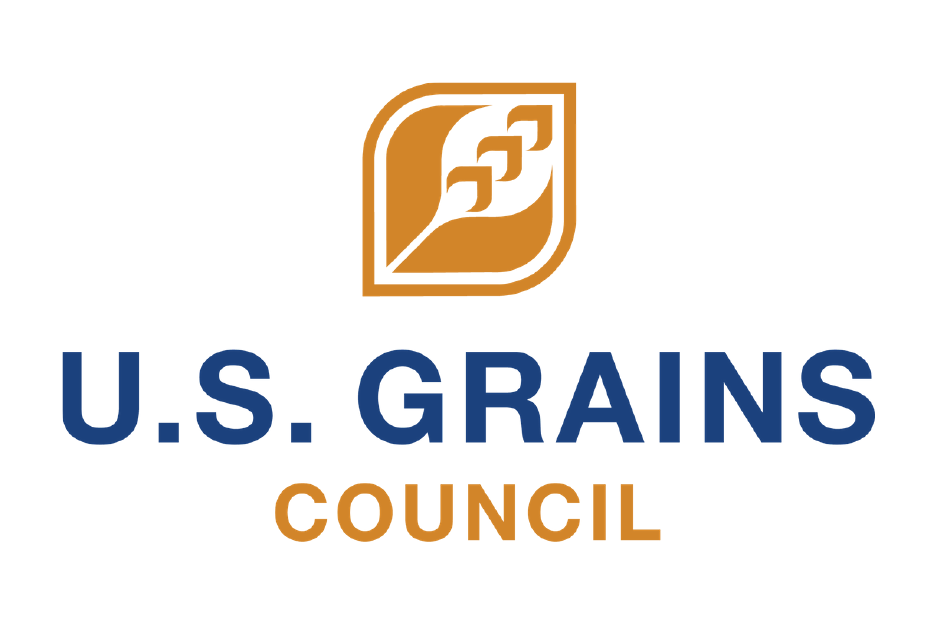
U.S. Grains Council
The U.S. Grains Council works with U.S. farmers, the agricultural community, and the U.S. government as well as ethanol industry stakeholders around the world to develop markets, enable trade, and improve lives. They have global experience supporting the development of fuel grade ethanol from farm to pump. Over the next five years, the Council anticipates working with policy makers responsible for standards and regulations as well as representatives in the ethanol industry to advance clean cooking with ethanol. USGC will promote industry cooperation, offer technical assistance, and communicate the environmental and time-saving benefits of clean cooking with ethanol. Go to the website.

World Bioenergy Association
The World Bioenergy Association (WBA) is the global organization dedicated to supporting and
representing the wide range of actors in the bioenergy sector. Their members include bioenergy organizations, institutions, companies and individuals. The mission is to promote the sustainable development of bioenergy globally and to support the business environment for bioenergy. Go to the website.
